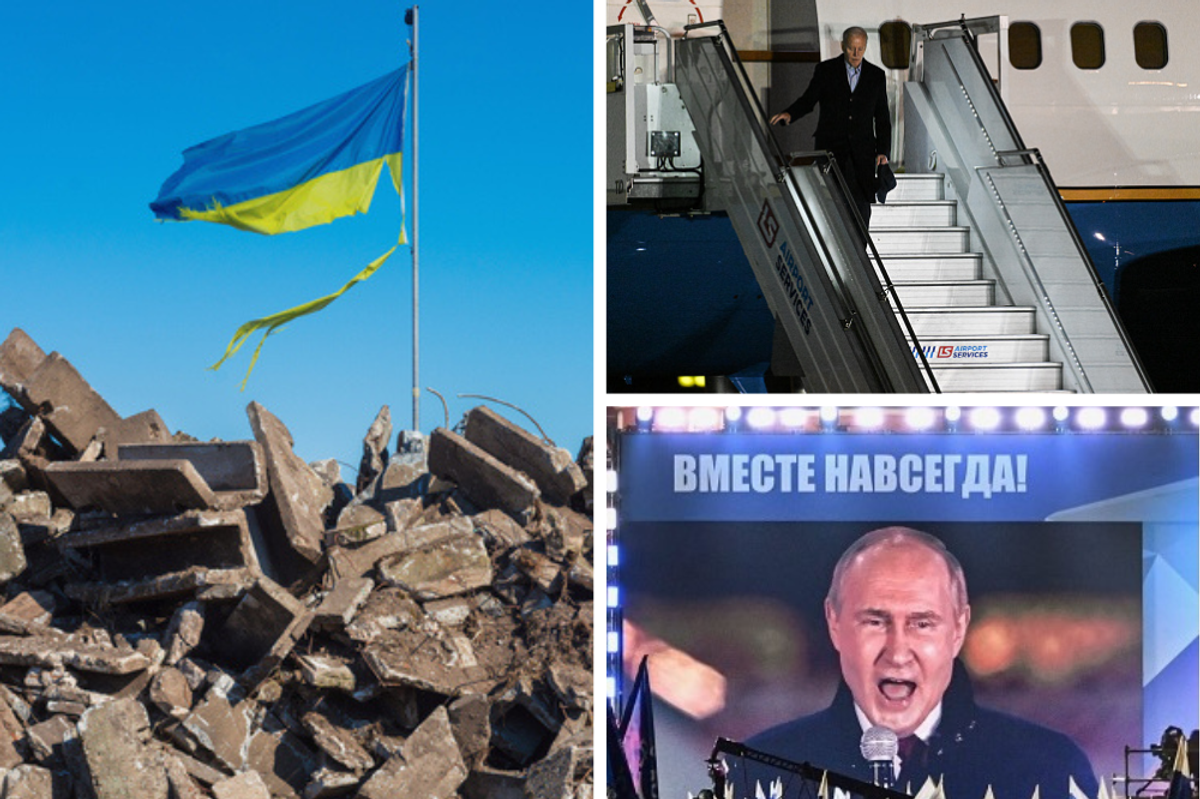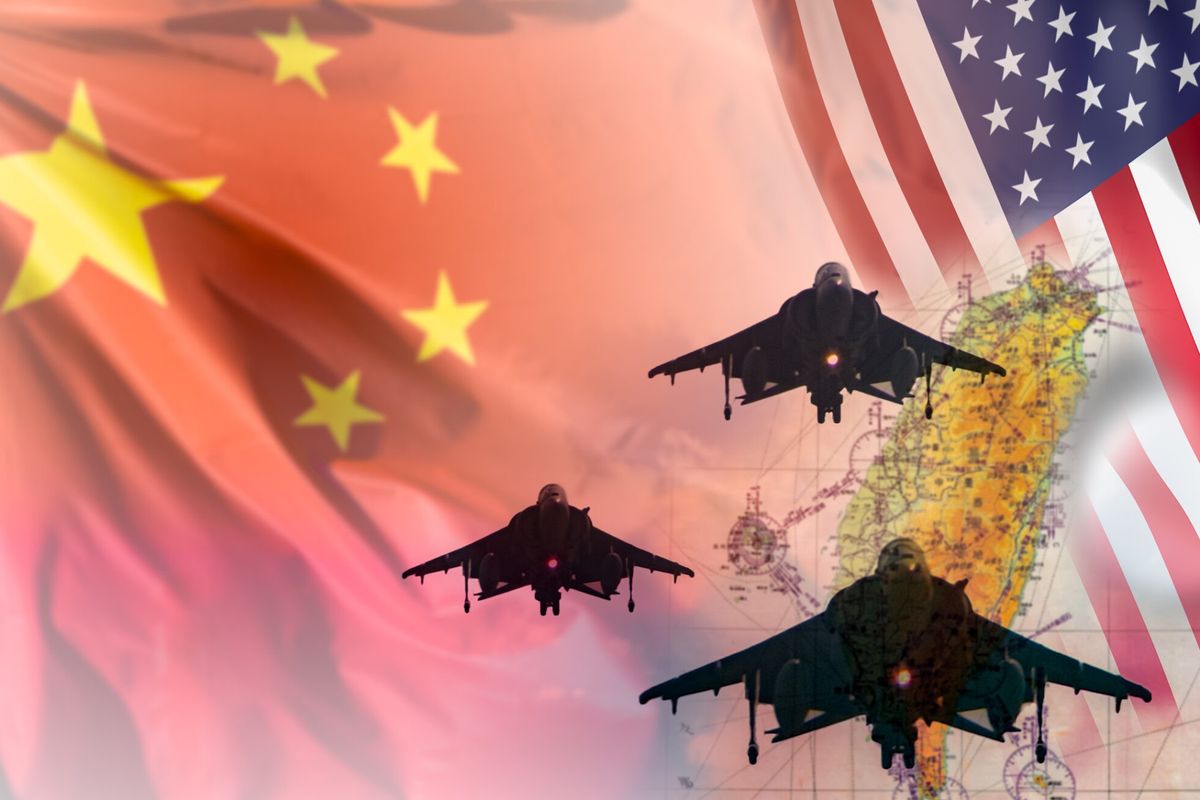As President and CEO of Business Executives for National Security (BENS) I have interacted with some of America’s most innovative and entrepreneurial business leaders. These are individuals with diverse skillsets and experiences who are united in their belief that the private sector can play a meaningful role in ensuring our national security, and supporting our government partners. Today, as we reflect on the fourteenth anniversary of the September 11th terror attacks, some of these dedicated members have offered to share their perspectives on how the events of that day have impacted them and their industry.
These accounts are uniquely personal and collectively enlightening. They offer examples of individual resilience, provide a clear-eyed analysis of the challenges that remain in front of us, and explore the private sector’s role in helping to ensure our security going forward. Historically, the private sector has been fundamental in enabling our national security, as a strong economy has allowed the United States to project its influence and secure its interests globally. Challenges such as cyber, cyber espionage, coercive economic policies, and acts of terrorism directly impact our private sector to the detriment of our national security. Often, the private sector is not only the primary target of these threats, but it may also be the first line of defense against them. Accordingly, the private sector can no longer remain simply an enabling partner, but must be a full participant in helping to ensure our national security.
What is clear from the following accounts is that close collaboration between our public and private sectors is essential in confronting the dynamic threats confronting our Nation today. These threats blur traditional distinctions between the public and private spheres, and are the same type of threats that revealed themselves fourteen Septembers ago with tragic and enduring consequences. These are the sentiments of proud Americans and business leaders who recognize the potential impact of their expertise applied on behalf of public sector partners, and it is my privilege to offer their perspectives today.
PERSPECTIVES
Pamela Newman, President & CEO of the Newman Team, Aon Corporation
With our offices located on the 105th floor of the South Tower, the impact of the September 11th attacks could not have been more direct. Over 170 of my colleagues perished on that day fourteen years ago. I was in California on September 10th and can remember returning to New York City on one of the first flights back into the city. We landed at JFK in complete blackness. The next day my team and I visited clients, comforted families, rented office space, and attended funerals. From a business standpoint we were confronted with a significant interruption of services. Our ability to deliver talent to clients was impacted and I quickly began to identify our knowledge gaps and integrate new team members from other offices as needed. These tasks, from the utterly mundane to the inescapably personal, were what we needed to do to keep our business going.
As an insurance broker, I have to think about horrible contingencies for a living: fires, floods, workplace violence, or construction accidents. In my business you identify and transfer risk, and when necessary you remediate the consequences. That is what we had to do in the aftermath of the attacks; we had to identify what needed to be done to restore capability to our clients. There was an enormous amount of work to be done, from brining in new people and supplies to reassuring existing clients and identifying new ones. One day, my CEO asked me how I was managing. I told him that I visualized a garage door made of opaque glass tiles, and that each day I pulled that door closed. That’s how I was managing. Without that visualization I wouldn’t have been able to accomplish what needed to be done.
William Flynn, President & CEO, Atlas Air Worldwide Holdings, Inc.
Fourteen years since the attacks on 9/11, the aviation industry remains one of the primary targets for violent extremists; a threat that will unfortunately persist for the foreseeable future. From my perspective, this threat emanates primarily from abroad. Atlas operates in over 130 countries worldwide, some of which are locations with an extremist presence or nexus. Though these threats have not negatively impacted our cargo flows or business opportunities, security has become an ever more critical part of our daily operations and how we plan and work with our customers. The cost of security, although high, has become a normal part of doing business.
9/11 also demonstrated that threats to the aviation industry—and indeed to other industries—are not static. Prior to the attacks, we were mainly concerned with the security and safety of our crew, cargo, and passengers. Today, our industry continues to maintain our focus on those issues, while adding the threat posed by both international and home grown extremists to our security portfolio. The threats to aviation exist in the cargo we transport, the locations we service and the access to our aircraft, all of which we have developed sophisticated security protocols to protect against.
Looking ahead, we will always have that next security consideration; today, cyber is a growing concern across many industries. As we continue to adapt and meet these threats robust information sharing will be critical, particularly between the aviation industry and the government entities charged with the security of our nation. To prevent another aviation targeted terrorist event, we must continue to leverage the expertise and experience of private sector aviation security experts and share with our partners, both private and public in real time, the information needed to develop appropriate security strategies.
Greg Levenson, President & CEO, Southwest Capital Bank
The rules and responsibilities of large internationally focused financial institutions and smaller community banks blurred after 9/11. Previously, my focus was on the local community outside my office window. My relationship with the Office of Foreign Assets Control was largely tangential and no one much cared who my customers were. Today I’ve had to adopt an international perspective. We spend a lot of time on “Know Your Customer” and are in close contact with our investigative partners. And so, 9/11 precipitated several indirect consequences, principal among them was that on September 12th Goldman Sachs, as far as many regulatory policies were concerned, was the same as Wells Fargo, which was the same as my community bank.
Today, however, there is a growing understanding that we must distinguish between the community and international institutions. Some of this has come with time; fourteen years after 9/11 has given us greater perspective and some of these issues are not pursued with the same vigor at the local level. More importantly, the 2008 financial crisis demonstrated that community banks serve a unique purpose for their local communities. Community banks can assume a level of risk that the larger organizations cannot, and perhaps should not. And so, you have this interesting dichotomy wherein one major shock to our system—9/11—precipitated a conflation of the industry writ large as all “bankers”, and a second shock to our system—the 2008 financial crisis—that demonstrated in fact not all institutions are the same and a greater degree of discrimination may be warranted.
Bob Arthur, President & CEO, Magellan Corporation
The immediate consequence of 9/11 was a shock for us and resulted in a short-term decline in the company’s business. Over time, we saw an increase in the consumption of certain types of steel and steel inputs primarily because of the two overseas conflicts. Today, as our nation gradually draws down from those conflicts, there has been diminished and more normalized usage. On a macro level, however, after the attacks, the government reached out to the private sector in a more concerted manner and we consequently partnered with them through various initiatives. We enhanced our cooperation with law enforcement due, in part, to new statutory requirements, but largely on a volunteer basis.
We became very involved with the Community Emergency Response Teams, which had been around prior to 9/11 but were given much greater visibility after. We also engaged with several new initiatives. Through the Customs and Trade Partnership Against Terrorism we participate in an annual review with the Department of Homeland Security and our government partners to assess risks to our supply chain. The Container Security Initiative and the International Ship and Port Facility Security Code have also been valuable resources in ensuring that our products can safely transit our points of entry and exit to reach our consumers. Overall, 9/11 gave us greater awareness of security threats and how they can impact our business operations. Today, we have rigorous defenses against virtual and physical threats and while there is an additional cost to this security it is not prohibitive. In many ways, it’s necessary.
Denis Bovin, Senior Advisor, Evercore Partners, Inc.
The terror attacks of September 11, 2001 redefined the relationship between private industry, national security, and our government in fundamental and lasting ways. The target of the attacks, and the manner in which they were perpetrated, highlighted that business leaders needed to accept increased responsibility for helping to secure our country. Since most of the country’s productive infrastructure is owned or operated by the private sector, including water, electricity, transportation, and the financial markets, the country cannot be secure unless the private sector acts.
In practice, this means that business leaders must be more proactive in thinking about how to secure their people, assets, and data. They must be willing to cooperate with corporate rivals when issues of national security are at stake, and they must rethink their relationship with our government partners to forge relationships that can be leveraged when needed. Most importantly, the public and private sectors must learn about, and from, each other during times of peace so that during times of conflict we can enable and mobilize our unique knowledge, skills, and capabilities. We have made progress in these areas and we cannot let rhetoric or mistrust distract us from the common goal of ensuring our collective security. As we reflect on this anniversary today we must not forget these lessons that we were so painfully taught fourteen years ago, lest another event force us to relearn them.
Business Executives for National Security (BENS) is a national, nonpartisan nonprofit comprised of senior business and industry leaders who volunteer their time to enhance national security efforts by sharing their array of business expertise.













